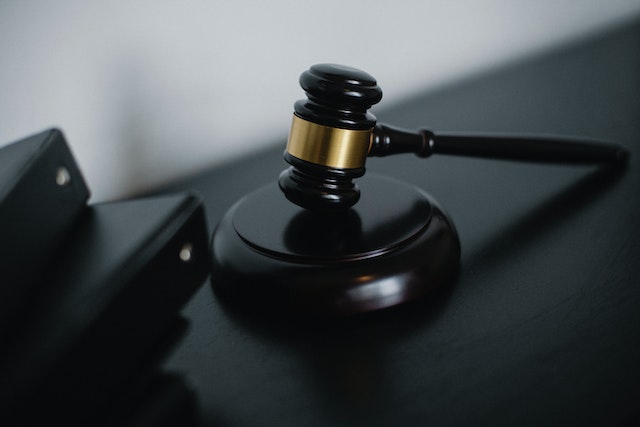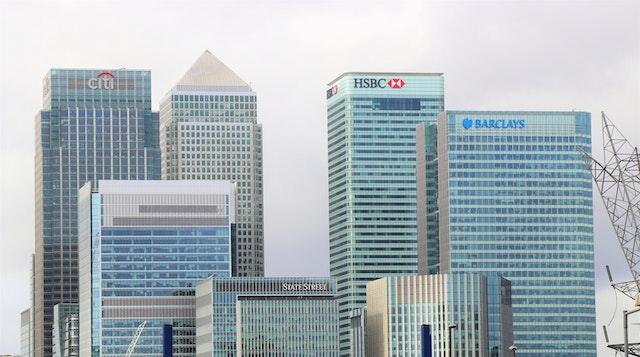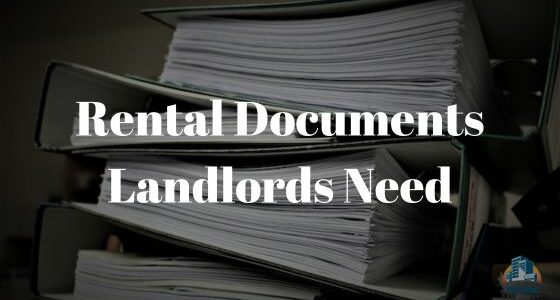If you own a rental property, then you know that it is crucial to ensure all of your documents are properly organized.
Here are a few reasons why landlords are encouraged to keep their rental documents on file:
- Accountability
Landlords have certain responsibilities, and so do tenants. During the course of the tenancy, landlords need to ensure both parties abide by the terms of the lease. Keeping your documents on file can help you hold everyone involved accountable. For instance, if a tenant violates a term of the lease, you can reference the lease to address the issue.
- Accounting
Keeping documents on file is crucial for landlords when it comes to accounting. Security deposits and rent receipts are essential to keep track of your finances. This will help you simplify your property taxes, and allows you to make informed financial decisions regarding your rental income and expenses.
Make sure to document all security deposits, rent payments, and repair and maintenance receipts to account your total costs efficiently.
- Consistency
Filing documents can help you to maintain a consistent, organized system that will ultimately save you a ton of time and stress. It’ll help you locate forms that need to be signed, as well as important documents that need back up. Consistency will not only help you find the right documents when you need to, but it will ultimately help you manage your property better.
- Legal Issues
As a landlord, you might encounter legal issues, and your documents are important pieces of evidence that can help you with potential court hearings. It’s necessary to keep them on file and easily accessible to prepare you in the case of a legal dispute, such as an eviction hearing for a holdover tenant.

What Rental Documents Do Landlords Need to File?
1. Rental Application Form
A rental application form helps landlords screen potential tenants. It typically includes the tenant’s name, phone number, employment or business, income, social security number, and rental history.
A thorough rental application form can help landlords assess whether a tenant is financially capable of paying rent on time. Keeping this document on file even after accepting a tenant can help you in case of any future issues or for legal purposes. It may also come in handy if discrepancies surface during the term of the tenancy.
2. Lease Agreement
A lease or rental agreement is a legally binding contract between the landlord and renter. It outlines the terms and conditions of the tenancy and defines the duties and responsibilities of both parties. A lease agreement usually contains the rent amount and its due date, a security deposit clause, maintenance responsibilities, and move-in and move-out dates.
It also includes other provisions like maximum occupancy and whether pets are allowed. Make sure tenants have read and understood the lease agreement before they sign it. Retain a signed copy of the lease, and give another copy to your tenants.
3. Move-in Checklist

A move-in checklist is a record of the property’s condition at the beginning of the tenancy. It should indicate the status of the rental unit, such as cleanliness, prior damages, furniture and appliances provided, and their functionality. Move-in checklists should include photos of every aspect of the property.
Move-in checklists are important because they serve as reference for the end-of-tenancy cleaning and move-out inspection. They can also serve as evidence in the case of landlord-tenant disputes regarding property damage. Landlords should keep a signed copy of the move-in checklist and provide one to the tenants, which will be used upon move-out.
4. Inspection Reports and Maintenance Records
As a landlord, it’s your responsibility to provide a habitable place. Performing regular inspections and routine maintenance is crucial to meet living and safety standards. Inspection reports and maintenance records serve as proof that you have taken proper care of the rental unit.
Maintenance records should include repairs or upgrades made to the property. Keeping detailed records can also help landlords provide evidence in the event of a dispute with a tenant over repair requests.
5. Security Deposit Documents
Security deposit documents should include information about the security deposit collected by the landlord, such as the amount of the deposit, the date it was received, and the name of the bank or financial institution where it is held.

Any deductions made from the deposit for damages or unpaid rent should be kept on record. It’s important to keep detailed records of security deposits and deductions, as well as any notices given to tenants regarding the deposit.
6. Pet Policy Agreement
If you allow pets into the property, a pet policy agreement establishes the rules, responsibilities, and restrictions regarding pets on the rental property. These rules can help you to prevent the risk of pet related damages. Pet policies are usually attached to the rental agreement, and they should indicate any required pet fees, refundable or not.
7. Late Payment Notice
If a tenant fails to pay the rent by its due date, a late payment notice should be sent to them. This notice acts as a reminder that they need to take action to avoid further consequences.
A late payment notice should include details such as the amount owed, its due date, and any late fees that apply. Depending on landlord-tenant laws and whether the renter refuses to pay their rent within the allotted time frame, the notice could be the beginning of an eviction process.
8. Eviction Notice
An eviction notice is issued when a tenant violates the terms of their lease, such as failing to pay rent on time or causing excessive noise. Landlords are required to follow strict guidelines when evicting a tenant, so it’s important to document all communication, check Missouri laws, and seek legal advice if necessary.

Conclusion
Landlords must keep several rental documents on file to manage their property effectively. If you need help keeping your paperwork organized, it’s best to work with a professional property management company. Reach out to Young Management today for more information!

